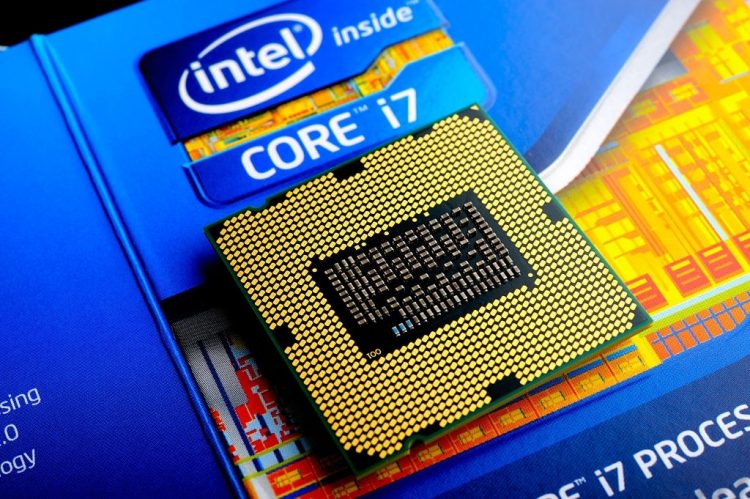As Intel and AMD are constantly introducing CPUs with more cores in the market, it’s hard for consumers to know how many cores really matter for gaming. A few years back, a quad-core CPU was considered ideal for gaming. But things have changed with the arrival of demanding AAA titles in the industry.
Now, a six-core CPU is the bare minimum for smooth gaming performance. Also, it’s not the core count through which you can gauge the gaming power of a CPU. There are some other factors to keep in mind like the single-core performance, cache, etc.
What is a CPU Core?
In older days, CPUs were designed with one core to take care of different tasks. At that time, it was hard for a single-core CPU to do multitasking, thus the overall performance was very low.
But things changed with the arrival of the first dual-core processor in 2005. This new invention changed the era of computing, and now we have CPUs that can perform the toughest of tasks within the blink of an eye.
So technically, each CPU core is responsible for performing a specific task assigned to it. The more cores your CPU has, the faster performance it will show up in multitasking.
But when it comes to PC gaming, you have to rely on more than just cores count.
Single-Core Performance in Gaming
Although modern games are now designed to take full advantage of a multi-core CPU, we cannot rule out the performance of each individual core of a CPU. For hitting higher frame rates in gaming, you have to opt for a high single-core performance CPU.

A general rule of thumb is to look for CPUs that come with a higher clock speed on each core right out of the box. Make you choose the CPU that comes with at least six cores in this case.
How Many CPU Cores Really Matter in Gaming
We’ve managed to play a lot of AAA titles on our gaming PC that is equipped with a Core i5-11400F CPU and RTX 2080Ti graphics card. Now, we have a six-core CPU in our gaming rig, and we have played almost every famous AAA game at 1080p settings.
This means a CPU with at least six cores can let you play the most famous game titles without any problem. Yes, you can go for an 8 or 10 core processor to improve your gaming performance and hit even higher fps and resolution. Also, if you want to make your PC future-proof for gaming, then yes it’s worth having an 8 or 10 core CPU.
Yes, you can play games on your older quad-core CPU as well. But pairing your older CPU with a modern graphics card might result in a bottleneck.
For example, you might experience performance issues in gaming if you pair a Core i5-2500K with an RTX 2080Ti GPU. No doubt, the RTX 2080Ti is a powerful gaming GPU, but the thing is your old CPU cannot keep up with the pace at which RTX 2080Ti is working, so you will end up in a bottleneck.
When one of the components (CPU or GPU) is not performing at its fullest, then you will face stuttering or lags in games. Also, if you pair a high-end CPU with a low-powered GPU, you will come up with the same low performance.
Therefore, if you have a low-budget CPU in your computer, it’s better to pair it with a similar-level graphics card to avoid bottlenecking.
For example, if you have a Core i9 or Ryzen 9 CPU, it’s better to go with a mid-range graphics card like RTX 2070 or 2080.
Also, Intel CPUs are ideal for achieving higher frame rates in gaming whereas the AMD is better for handling multiple workloads at a single time.
Verdict
Well, the demand for more CPU cores in gaming has increased over the last few years. Now if you are building a computer on a budget, it’s worth having a quad-core CPU. If you need a decent gaming performance, a Hexa-core processor sits right at the sweet spot between price and performance. If you want to make your build future-proof, then go for an eight-core or ten-core CPU.


